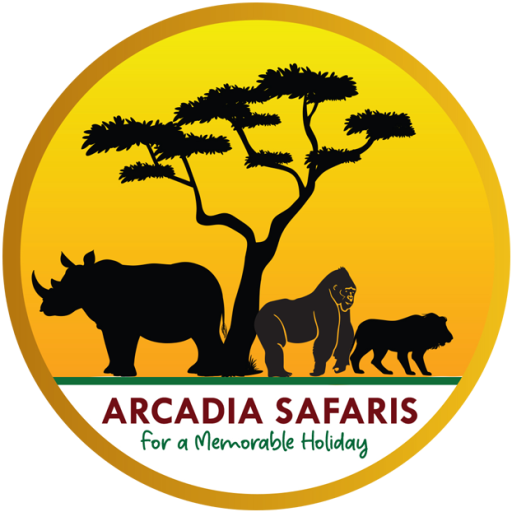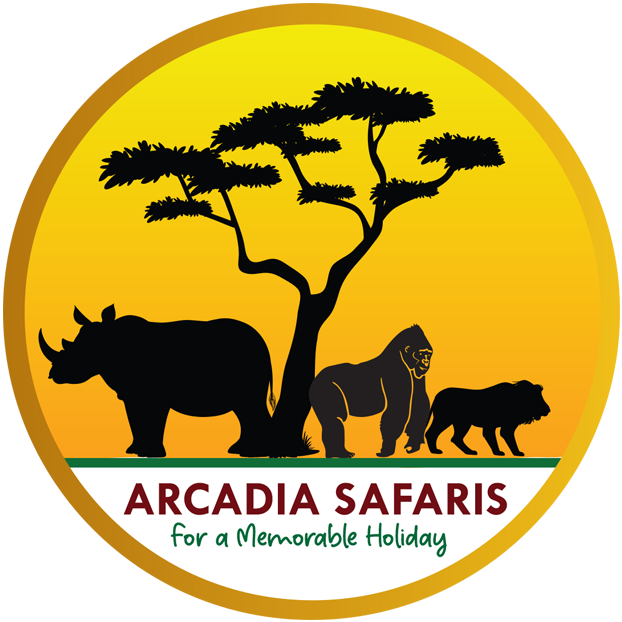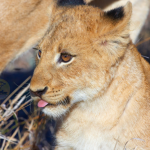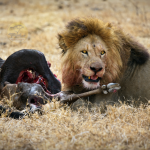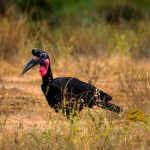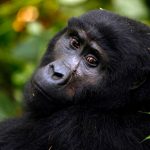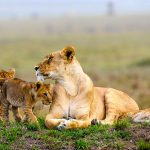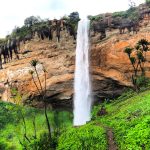Rwanda Travel Guide: The Land of a Thousand Hills.
Rwanda Travel Guide; Often referred to as the “Land of a Thousand Hills,” Rwanda is such an interesting Country with impressive landscapes, culture, and wildlife. From the busy capital city down to jungle treks in search of the mighty mountain gorillas, this East African gem has something for all. Here is your ultimate guide to discovering Rwanda.
Location and Geography of Rwanda.
Rwanda is a small yet highly gifted landlocked country in East Africa, bordered to the north by Uganda, to the east by Tanzania, to the south by Burundi, and to the west by the Democratic Republic of Congo. Although it is a small country, Rwanda has different landscapes: volcanic mountains in the north, rolling hills, and savannahs in the east, and dense rainforests in the west. Its highest point is Mount Karisimbi (4,507 meters) in the Virunga range, while Lake Kivu forms its largest water body. The country’s strategic location and well-developed infrastructure make it easy to navigate and explore.
Getting There: Rwanda Travel Guide.
Rwanda is accessible through Kigali International Airport (KGL), located in the capital city, Kigali. Several international airlines, including RwandAir, offer direct and connecting flights from major cities worldwide. The airport is modern and efficient, providing a smooth entry into the country.
Visa Requirements: A vast number of countries’ residents are able to attain visas upon arrival. However, in some cases, it may be prudent to verify whether these policies apply to your country of nationality and apply ahead online for an e-visa.
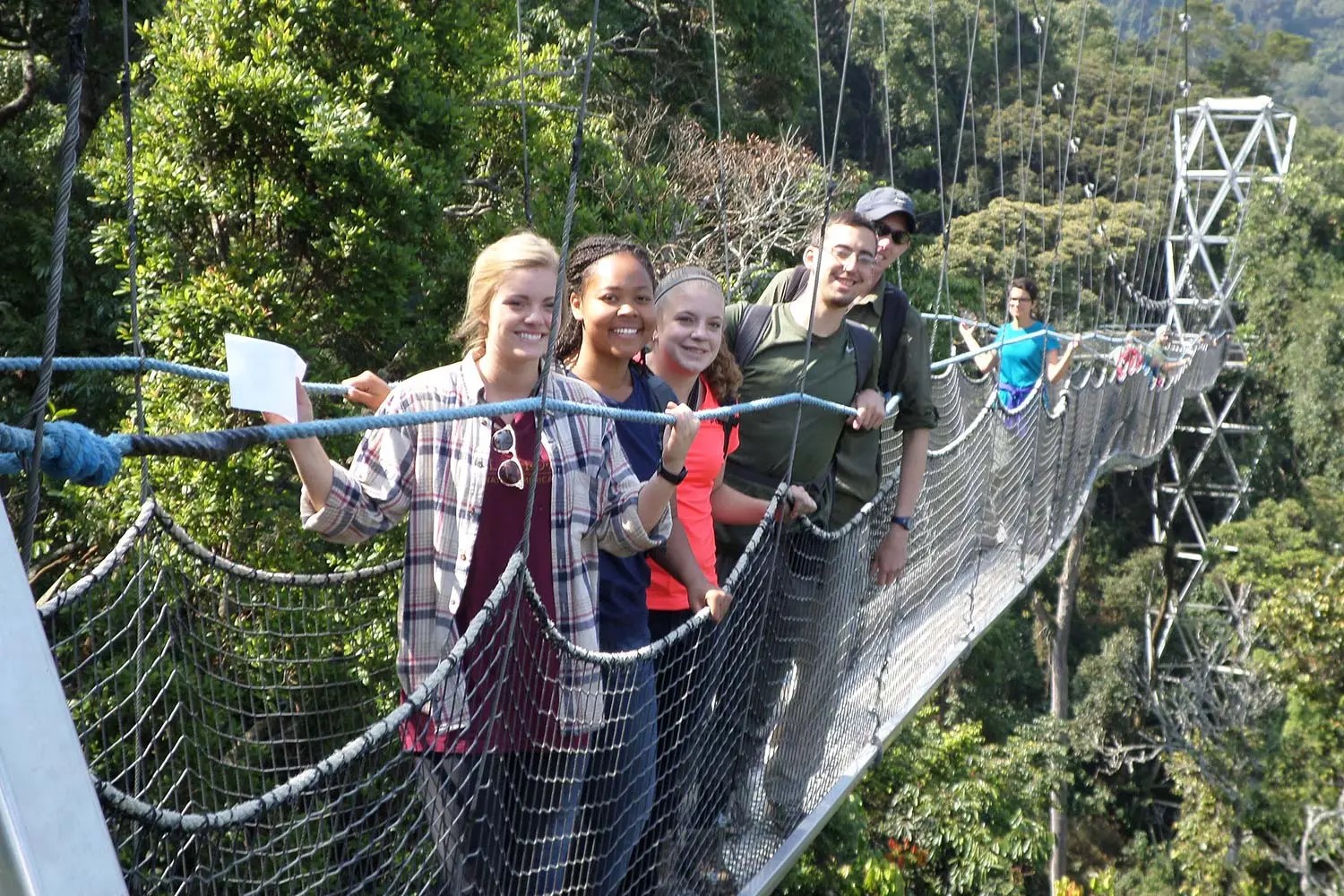
What is the Best Time to Visit Rwanda.
Rwanda has a temperate climate – meaning it’s good all year round. However, the best time to be here is during the following dry seasons:
June-September: Perfect for gorilla trekking and wildlife seeing.
December to February: This is also the ideal time for outdoor activities and safaris.
Best Things to Do and Top Attractions in Rwanda.
From rainforests to the lakes and bustling cities, Rwanda has an ideal mix of sceneries, cultures, and wildlife, appropriately named the “Land of a Thousand Hills,” thus promising an adventure to every traveler.
Volcanoes National Park: A highlight of any visit to Rwanda, Volcanoes National Park is the habitat of the endangered mountain gorillas. Misty forests give way to footsteps leading into the heart of where these great creatures reside; a sight one would ever regret.
Kigali City: Clean, safe, and full of life, the capital city of Kigali is a sight to behold. The main attractions include the Kigali Genocide Memorial, Kimironko Market, and the bursting art galleries. Do not miss the Rwandan food at local restaurants.
Akagera National Park: Akagera National Park offers classic African safaris with its beautiful savannah landscapes and opportunities to spot the Big Five: lion, leopard, elephant, rhino, and buffalo. A boat ride on Lake Ihema is also worth it.
Nyungwe Forest National Park: This unspoiled beauty of a rainforest lends itself to chimpanzee treks, canopy walks, and bird watching. It’s any nature lover’s and action-seeker’s haven.
Lake Kivu: Found among the great lakes in Africa, Lake Kivu offers a tranquil retreat combined with swimming, kayaking activities, and exploring surrounding towns such as Gisenyi and Kibuye.
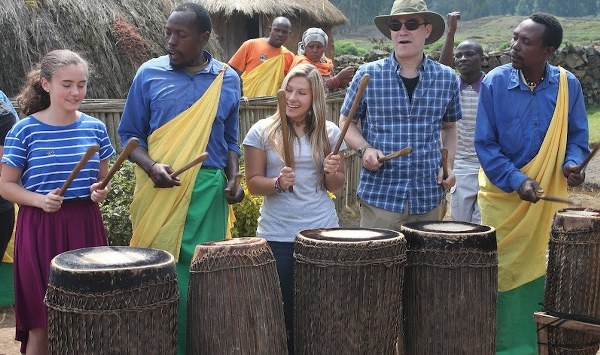
Cultural Experiences in Rwanda.
The culture of Rwanda mostly reflects its history and customs. Interact with the culture of the local people in ways such as:
Visiting the Iby’iwacu Cultural Village to learn about traditional Rwandan customs and dances.
Exploring the King’s Palace Museum in Nyanza for insights into Rwanda’s royal history.
Participating in Umuganda, a community service activity held on the last Saturday of each month.
Rwanda Practical Travel Tips.
Language: The official languages are Kinyarwanda, English, and French. While Kinyarwanda is widely spoken, many locals, especially in urban areas, understand English and French.
Currency: The official currency is the Rwandan Franc (RWF). Credit cards are accepted in major establishments, but having cash is more practical when visiting smaller towns.
Getting Around: There is public transportation, mostly buses and moto-taxis, although hiring a private car or joining guided tours is generally easier for tourists.
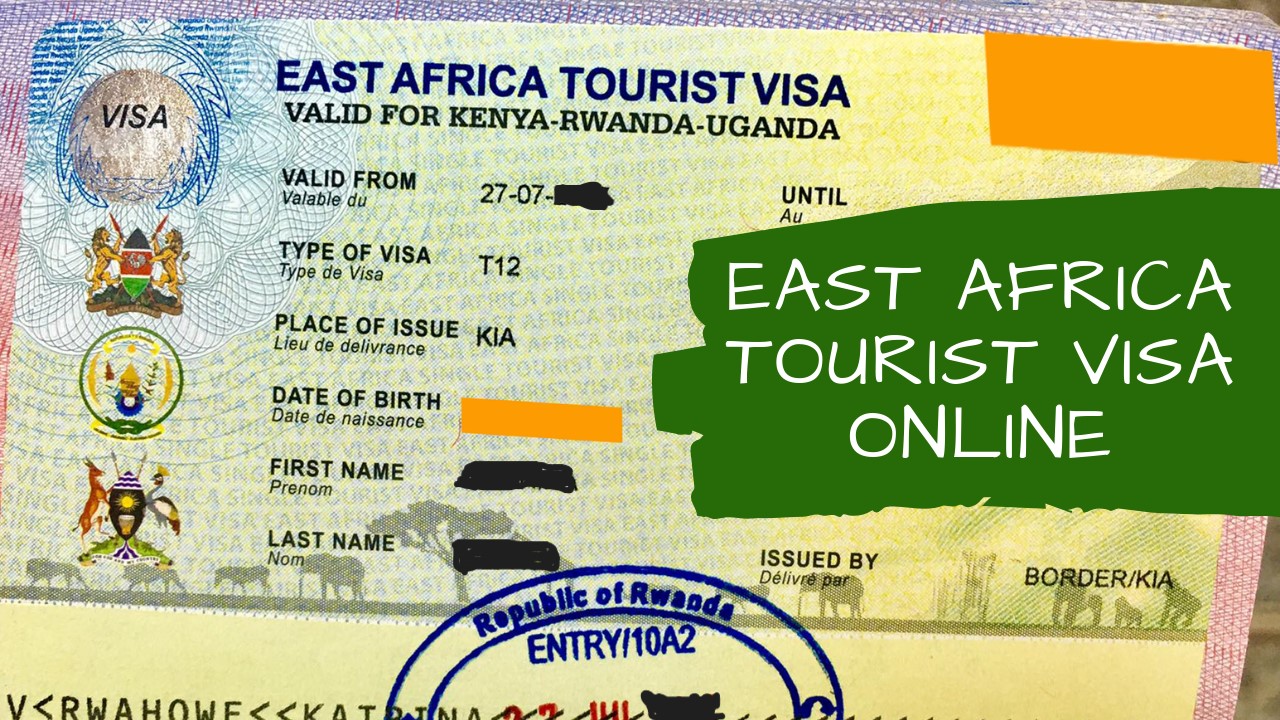
Rwanda Visa Advisory.
Visas should be applied for in advance online at the Rwandan government’s processing website. The V-1, holiday visa for a foreign visitor, costs 50 USD and is valid for 30 days from entry. A multiple entry visa goes for 70 USD, with 90 days validity.
The passport needs to have a validity period exceeding six months on the date of entry and /or granting of visa; it is also required that the passport should have a minimum one blank visa page.
Those tourist visitors that intend to visit Rwanda, combined with visiting Kenya or Uganda are advised to seek the East Africa Tourist Visa.
Please note that entry requirements can change at any time, and it is, therefore, recommended to check with your consular for full details before traveling to Uganda.
Accommodation in Rwanda.
Rwanda has a range of accommodations for all budgets: and some of the popular accommodation facilities are:
Luxury: Bisate Lodge, One&Only Gorilla’s Nest.
Mid-Range: Heaven Boutique Hotel, Five Volcanoes Boutique Hotel.
Budget: Yambi Guesthouse, Discover Rwanda Youth Hostel.
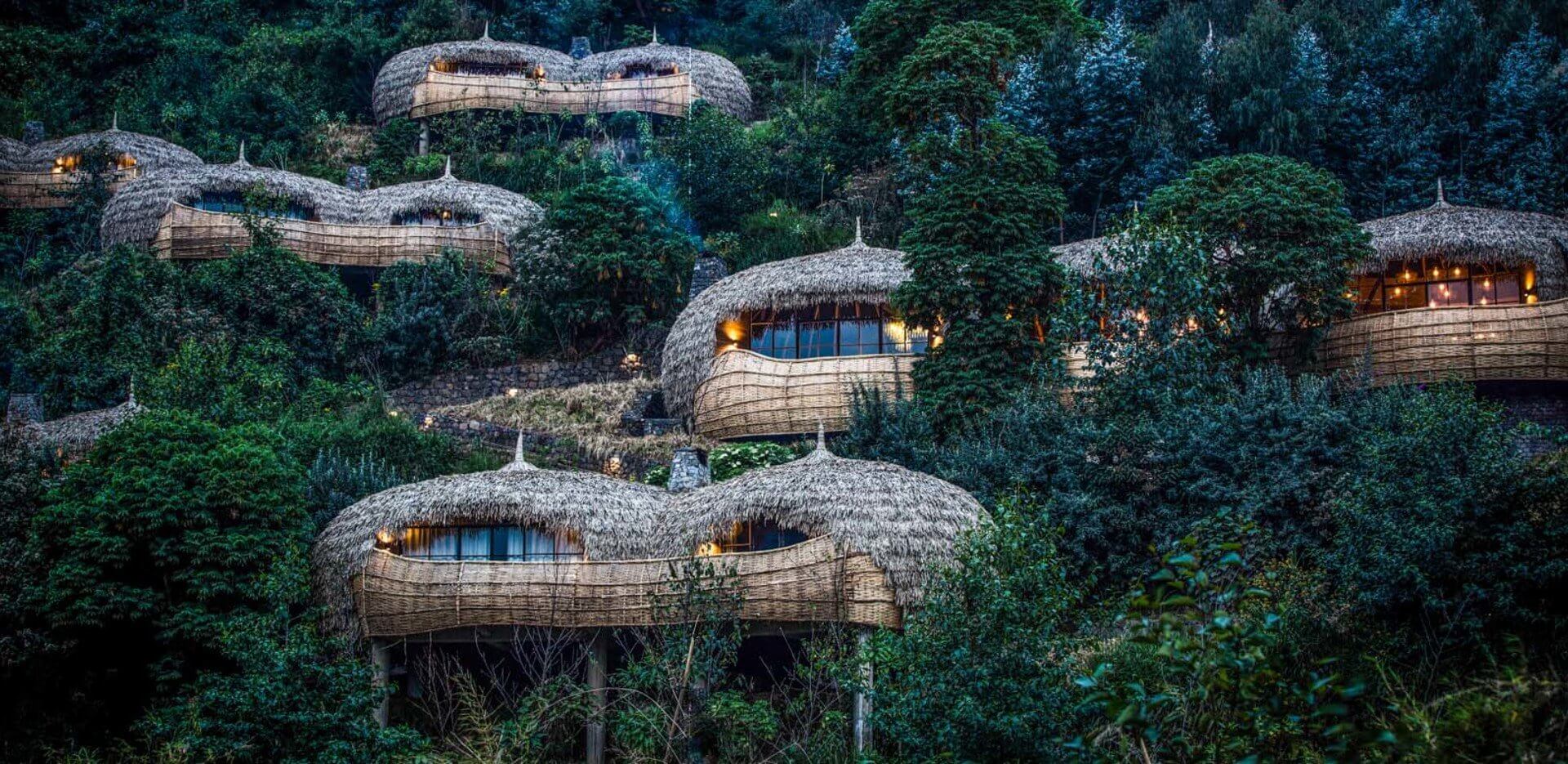
Health and Safety Advice for Rwanda.
Vaccinations: Make sure you are up to date with routine vaccinations and consider yellow fever and typhoid vaccinations.
Malaria Prevention: Use mosquito repellents and sleep under treated mosquito nets.
Safety: Rwanda is one of the safest countries in Africa, with low crime rates and friendly locals.
Food in Rwanda
Rwandan cuisine is a delightful fusion of traditional and modern flavors. Some must-try dishes include:
Ugali: a staple made from either maize or cassava flour and usually served with vegetables or meat.
Isombe: Cassava leaves in peanut butter, a very local delicacy.
Brochettes: Meat or fish on skewers then grilled, usually served from a street vendor.
Ibijumba: sweet potatoes, commonly a side dish.
Banana Beer (Urwagwa): a local liquor made from fermented banana beer.
Have also dined at local restaurants and markets for an authentic experience. And of course, do not leave without trying some of the fabulous coffee and tea that Rwanda is so famous for on the international market.
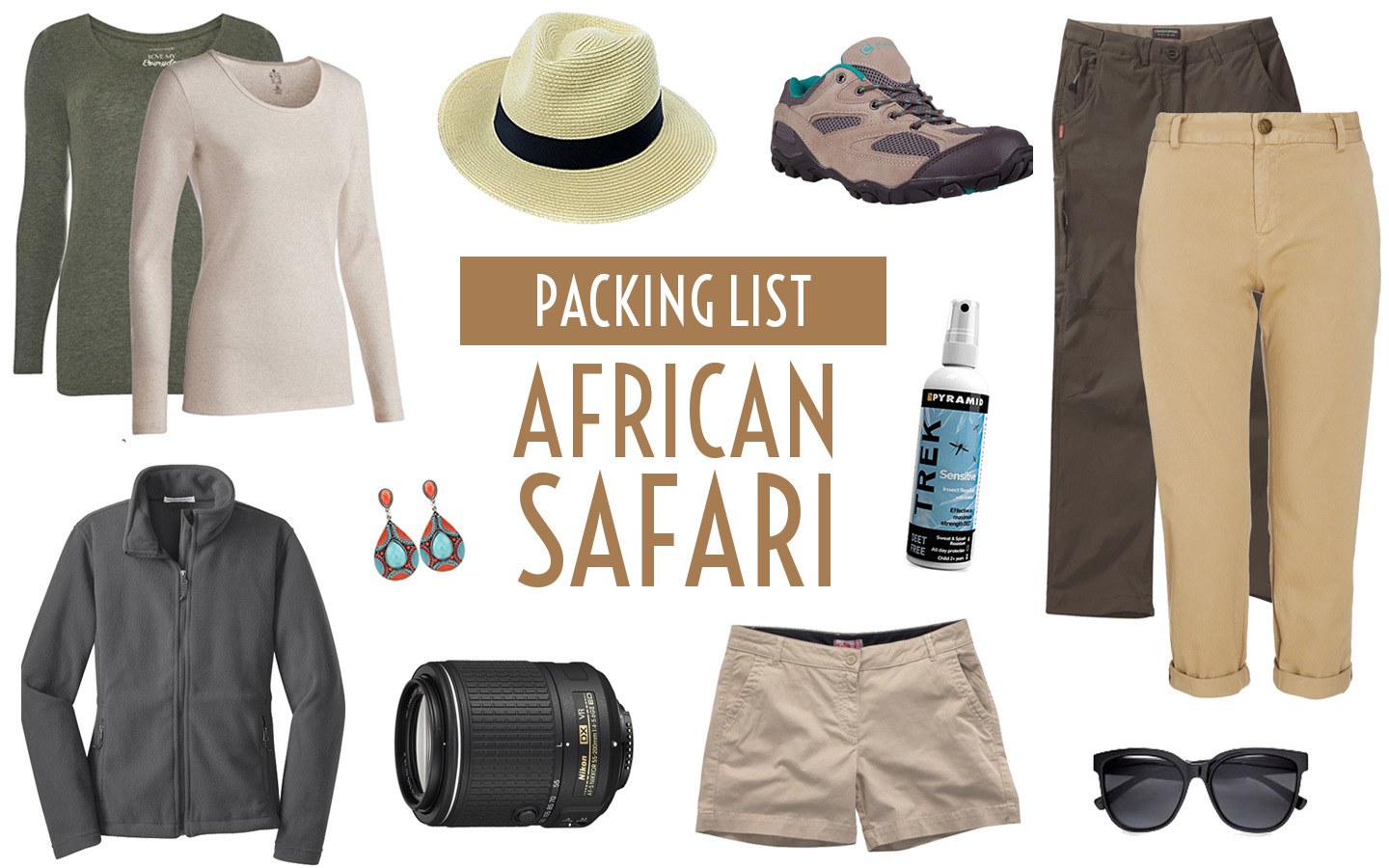
What to Pack for Rwanda.
Packing wisely means both comfort and fun. Here’s a checklist:
Clothing
Lightweight and breathable clothes for daytime.
Warm layers for cooler evenings, especially in mountainous areas.
Comfortable hiking boots for trekking adventures.
Waterproof jacket for unexpected rain.
Essentials
Sunscreen, sunglasses, and wide-brimmed hat for sun protection.
Mosquito repellent and anti-malaria medication.
Reusable water bottle and water purification tablets.
Equipment
Binoculars for animal sightings.
Camera with spare batteries and memory cards.
Small rucksack for daily trips.
Documents
Valid passport, visa, when applicable
Travel insurance document
Copies of Itinerary and Emergency Contact Information.

Rwanda Park Fees and Permits.
Gorilla Tracking Permit.
A gorilla trekking permit goes for the sum of 1,500USD per person and this will grant one a park ticket for Volcanoes National Park. However, a person needs to be booked in advance to register because it has controlled capacity.
Other Fees and permissions
Chimpanzee Tracking: USD 90 per person in Nyungwe Forest National Park.
Canopy Walk: USD 60 per person in Nyungwe Forest.
Akagera National Park Entry: USD 50 per person per day for international visitors. Extra fees will be paid for guided game drives and boat safaris.
Community Visits: Ranging from USD 20-50 per person, depending on the activity and where it is done.
All these fees are used for conservation and assist the communities.
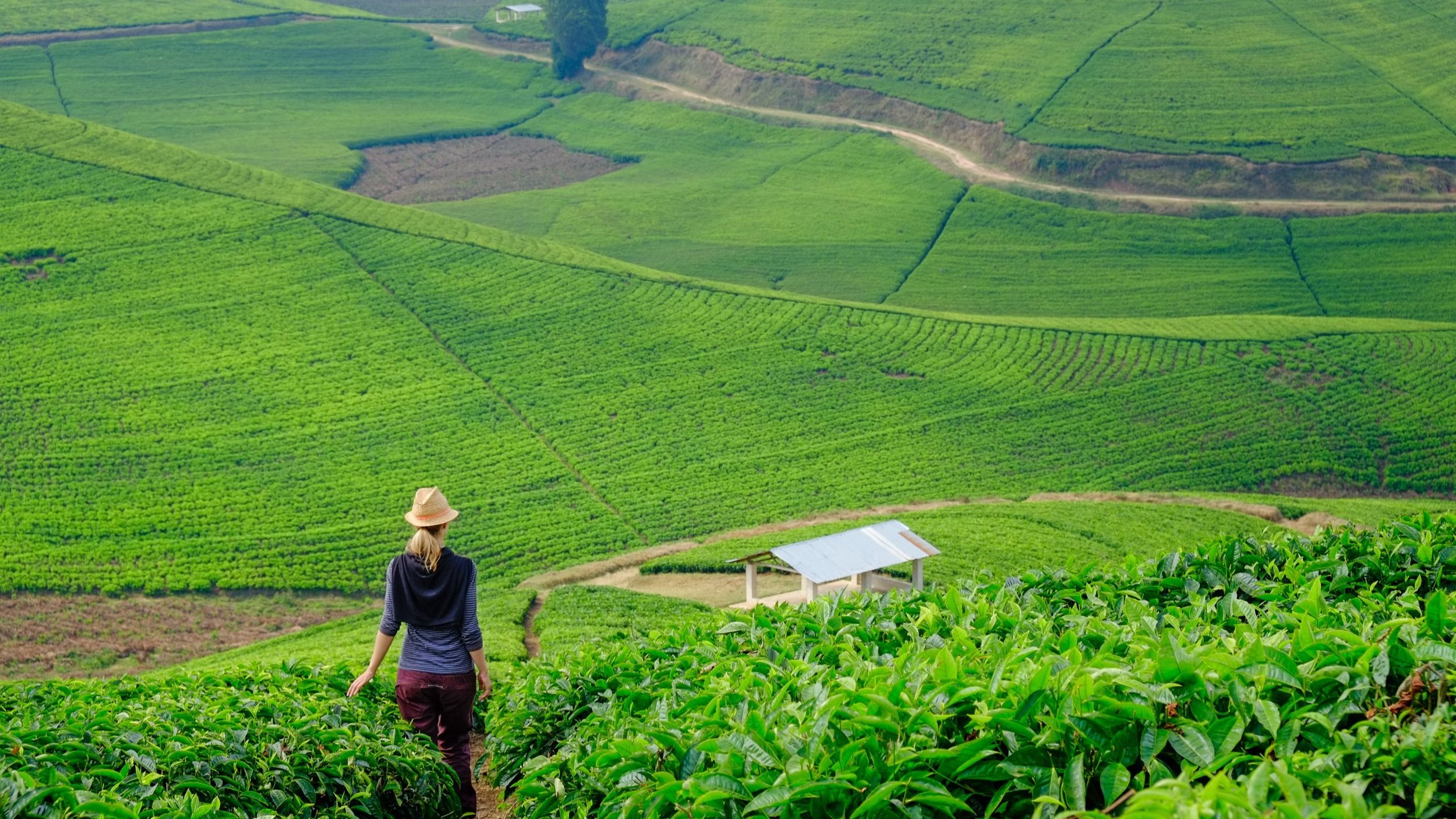
Responsible Tourism in Rwanda.
Rwanda is, in fact, an example of both conservation and sustainability, where any eco-conscious traveler should want to visit. Often referred to as the “Land of a Thousand Hills,” this small but breathtakingly beautiful country has made many special efforts in environmental preservation and responsible practices in tourism. Guidelines view wildlife protection as an aspect that has been set in place to protect these animals, especially the mountain gorillas and other species of the country.
In addition, the country has banned single-use plastic for pollution control, which is one of the main agendas for reducing plastic use as a green initiative of Rwanda. Reusable bottles and bags would do travelers’ good as a means of reducing personal waste. Supporting local business through community-run lodges, craft markets, and guiding tours is a wonderful, truly enriching way to give to the communities that make Rwanda so special.
By embracing these, you will not only be adding value to your travel experience but also contributing to Rwanda’s commitment towards sustainability and conservation.
Remarks on Rwanda Travel Guide.
Rwanda is a country full of diversity, from a tranquil combination of nature, culture, and history to varied landscapes. Whether one is trekking with the gorillas, exploring local markets filled with bustle, or simply relaxing along the lakeside, Rwanda promises an unforgettable adventure. Get your luggage ready; get set to be enchanted in the Land of a Thousand Hills.
